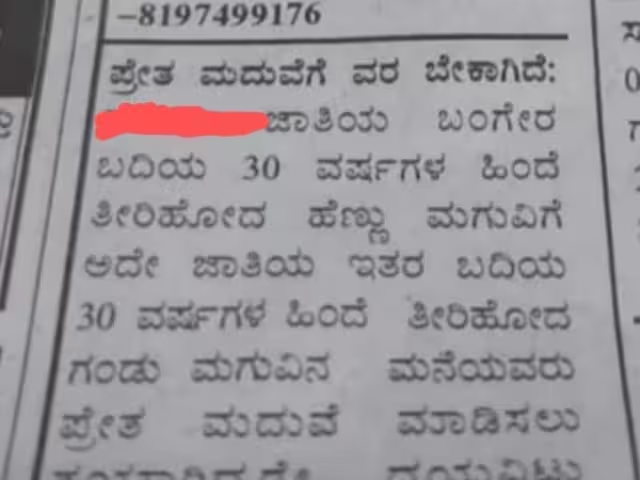Maoist case: Supreme Court rejects Maharashtra government’s request for a stay on G N Saibaba’s acquittal
A Maharashtra government motion seeking a stay on a Bombay High Court ruling clearing former Delhi University professor G. N. Saibaba and others in the Maoist connections case was denied by the Supreme Court on Monday.

A panel of Justices B R Gavai and Sandeep Mehta noted that the high court’s ruling was “prima facie well reasoned” while also admitting the state government’s appeal.
Additionally, the bench denied Additional Solicitor General S. V. Raju’s oral plea for an early listing of the appeal on behalf of the Maharashtra government, stating that it would happen in due time.
“The sequence in which the convictions are reversed cannot be urgent. If the order had been reversed, we would have given it some thought,” the bench informed Raju.
Judge Mehta said that this was a well-deserved acquittal and that this court ought to have rejected the appeal.
The Nagpur bench of the Bombay High Court cleared Saibaba, 54, and his associates on March 5, stating that the prosecution’s evidence against him was not proven beyond a reasonable doubt.
In addition, the High Court revoked Saibaba’s life sentence and cleared five other defendants in the case.
The prosecution’s sanction to prosecute the accused under the Unlawful Activities (Prevention) Act (UAPA) was deemed “null and void” by the court.
“The prosecution has failed to establish any legal seizure or any incriminating material against the accused,” the High Court had said.
Wheelchair-bound Saibaba was detained in Nagpur Central Jail after his arrest in 2014.
Saibaba and five other people, including a journalist and a student at Jawaharlal Nehru University, were found guilty in March 2017 by a sessions court in the Gadchiroli district of Maharashtra for their claimed involvement with the outlawed CPI (Maoist) and their engagement in actions that amounted to waging war against the nation.
Saibaba and others had been found guilty by the trial court in accordance with certain sections of the Indian Penal Code and the UAPA.







